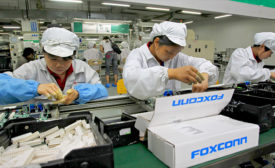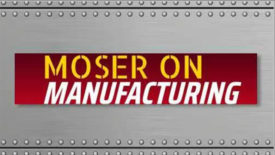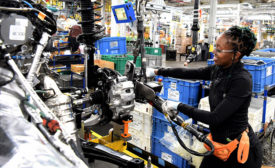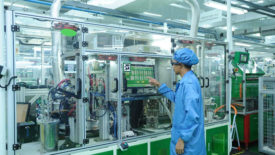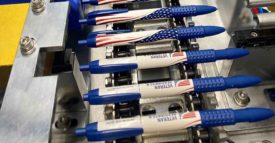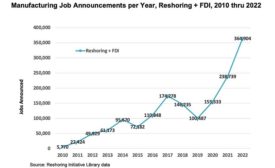Home » Keywords: » reshoring
Items Tagged with 'reshoring'
ARTICLES
Reshoring
U.S. imports from 14 low-cost countries in Asia declined by $143 billion last year.
Read More
Consumer Products Manufacturing: Made in the USA
Domestic production is thriving in sectors eager to avoid supply chain disruptions.
July 7, 2023
EVENTS
Webinar Webinar
7/25/23 to 7/25/24
Contact: Meg M.
How to Rebuild Manufacturing, Restore High Wages, High Profits & National Prosperity
Get our new eMagazine delivered to your inbox every month.
Stay in the know on the latest assembly trends.
SUBSCRIBE TODAY!Copyright ©2024. All Rights Reserved BNP Media.
Design, CMS, Hosting & Web Development :: ePublishing
